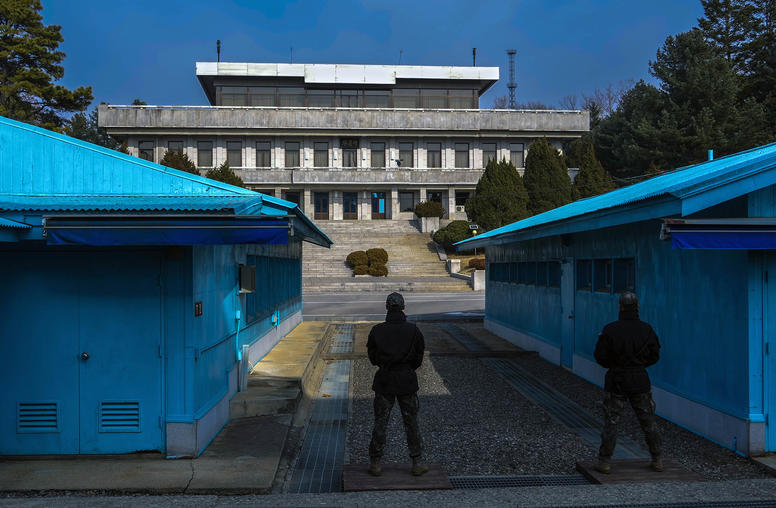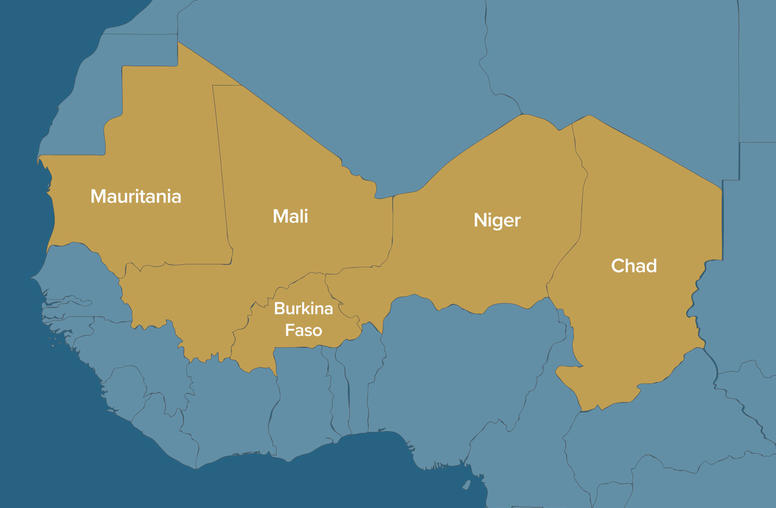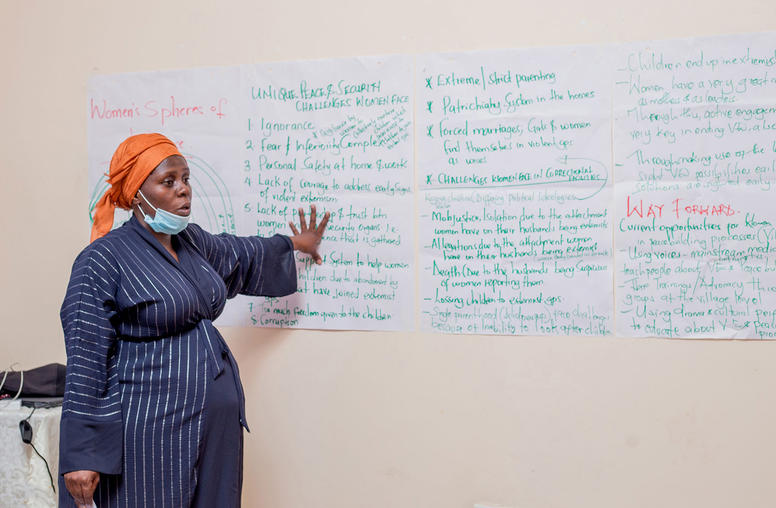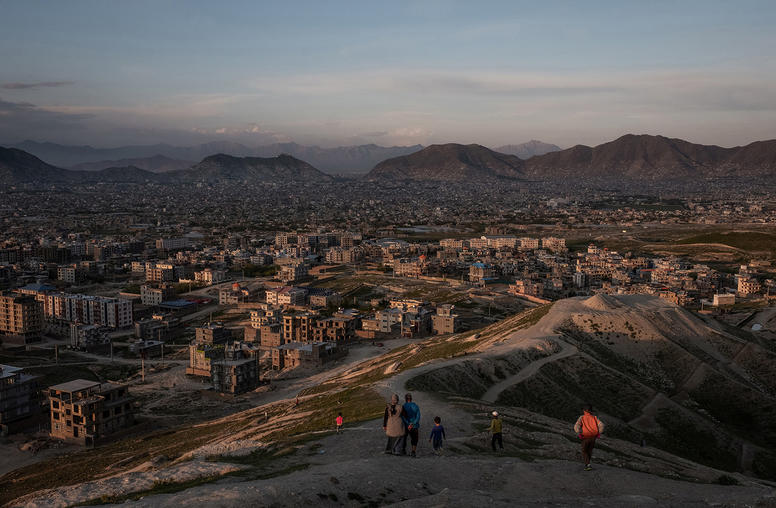 Peace Processes
Peace Processes
Peace processes involve a series of negotiated steps to end wars and build sustainable peace. The U.S. Institute of Peace works with practitioners, diplomats and officials to understand how to effectively manage or facilitate such processes. This includes how such negotiations can be structured and supported, the issues to be resolved, the trade-offs involved, and the consequences and challenges that result. From considering gender and the role of women in Colombia’s peace process to furthering a new understanding of Myanmar’s long road towards peace, USIP works to ensure that peace agreements in conflict areas are inclusive, participatory, and locally led and supported.
Featured Publications

70 Years After the Geneva Conference: Why is the Korean Peninsula No Closer to Peace?
July marks the anniversary of the 1953 armistice agreement that ended the Korean War and the 1954 Geneva Conference, convened to resolve the issues that the war could not. In the seven decades since, efforts to achieve peace on the Korean Peninsula have been limited and flawed. Today, the security situation in the region is arguably more precarious than ever, with a nuclear armed-North Korea and dysfunctional great power relations. Recent foreign policy shifts in North Korea do not augur well for peace in the near term. Thus, even moving the needle toward peace will likely require Washington to undertake bold initiatives.

In Myanmar’s Conflict, Don’t Mistake Complex for Intractable
Conversations about Myanmar these days tend to unfold predictably. They begin with agreement that the country’s military junta is a vile institution — illegitimate, hated by virtually the entire population, and responsible for widespread suffering and heinous crimes including genocide.

The Taliban’s Attacks on Diversity Undermine Afghanistan’s Stability
Each year, the U.N. International Day of Living Together in Peace reminds us that true, sustainable peace is achieved not simply by eliminating war, but rather by building tolerance, inclusion, understanding and solidarity among and between communities.
Current Projects

Bipartisan Senior Study Group for the Sahel
In May 2021, USIP created the Bipartisan Senior Study Group for the Sahel comprised of 12 current and former high-level U.S. officials, renowned academics and prominent Africa experts. The senior study group aims to generate new insights into the complex challenges facing the Sahel region, including food security, human rights, security assistance, private sector development and job creation — as well as great power competition. The senior study group will provide original recommendations to the U.S. government and governments in the Sahel region to improve foreign assistance, resolve conflict and support lasting peace.

The USIP Learning Agenda
In support of the Evidence Act and as part of the U.S. national security architecture, USIP is carrying out its own learning agenda. Peacebuilding has long been viewed as too messy and complex for evidence-based approaches — but USIP’s mix of research and practice belies that assumption.

Afghanistan Peace Efforts
Almost 20 years after the United States ousted the Taliban regime, the first direct peace talks between the Taliban and the Afghan government began in Doha, Qatar in September 2020. The Taliban, Afghan government, and international forces have fought to a deadly stalemate, with both battle deaths and civilian casualties near record highs in recent years.